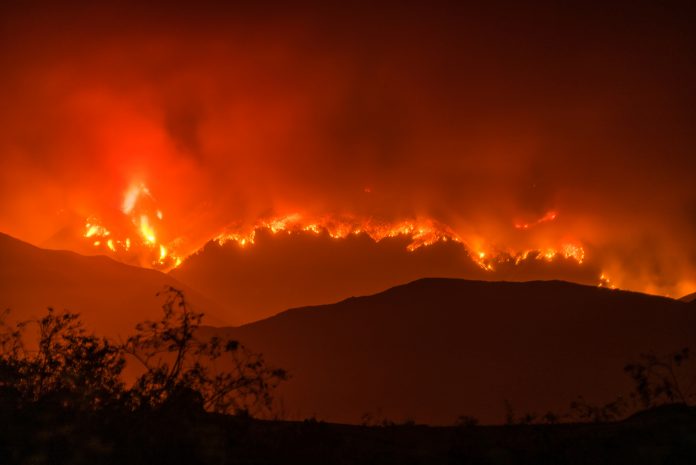Wildfires in Greece have killed at least 74 people, while the search for missing persons continues.
Hundreds of firefighters have been battling the flames in the seaside village of Mati, north-east of Athens in the Rafina region.
Dimitri Piros, director of medical services for Ekav, Greece’s nationwide ambulance service, told the BBC that people had suffered horrific injuries because of the speed of the fire.
It is Greece’s worst fire disaster since 2007, when dozens of people were killed in the southern Peloponnese peninsula.
Prime Minister Alexis Tsipras has also declared three days of national mourning.
Coastal patrol boats and private vessels picked up hundreds of those who did manage to reach harbours or beaches.
George Vokas, whose family also escaped by sea, told BBC News that two women he had tried to help had died. “We’re talking about a biblical catastrophe in this wonderful area of Mati,” he said.
Charred bodies lay just 15m from the sea, photographer Pantelis Saitas told the Athens-Macedonian News Agency.
Italy, Germany, Poland and France have all sent help in the form of planes, vehicles and firefighters, and Spain and Cyprus have offered Greece assistance, but with temperatures set to soar again, they are in a race against time to get the fires under control.
‘Fifteen fires had started simultaneously on three different fronts in Athens,” said government spokesman Dimitris Tzanakopoulos.
On July 24, Interior Minister Panos Skourletis said the priority was to extinguish a fire that was still burning in Kineta, 50km from Athens.
Near the town of Marathon, residents fled to safety along the beach, while 600 children were evacuated from holiday camps in the area.
Officials raised the possibility the blazes could have been started deliberately by criminals out to ransack abandoned homes.
“I am really concerned by the parallel outbreak of these fires,” Tsipras said.
The Commissioner for Humanitarian Aid and Crisis Management Christos Stylianides issued a statement on July 24. “Today is a day of great sorrow for Greece and for all of Europe,” he said. “The EU stands with the Greek people in solidarity at this difficult time. Let me express our condolences to the families and friends of the victims of these devastating fires that have caused so much suffering and a tragic loss of life.
He travelled to Athens to meet with the Greek civil protection authorities and coordinate the EU assistance which is already on its way.
“Together we are working 24/7 to help the brave first responders and emergency services working tirelessly to help those in need.”
Greece requested EU support through the EU Civil Protection Mechanism. In an immediate response, Cyprus, Spain and Bulgaria made swift offers of concrete assistance including planes, firefighters, medics and vehicles.

